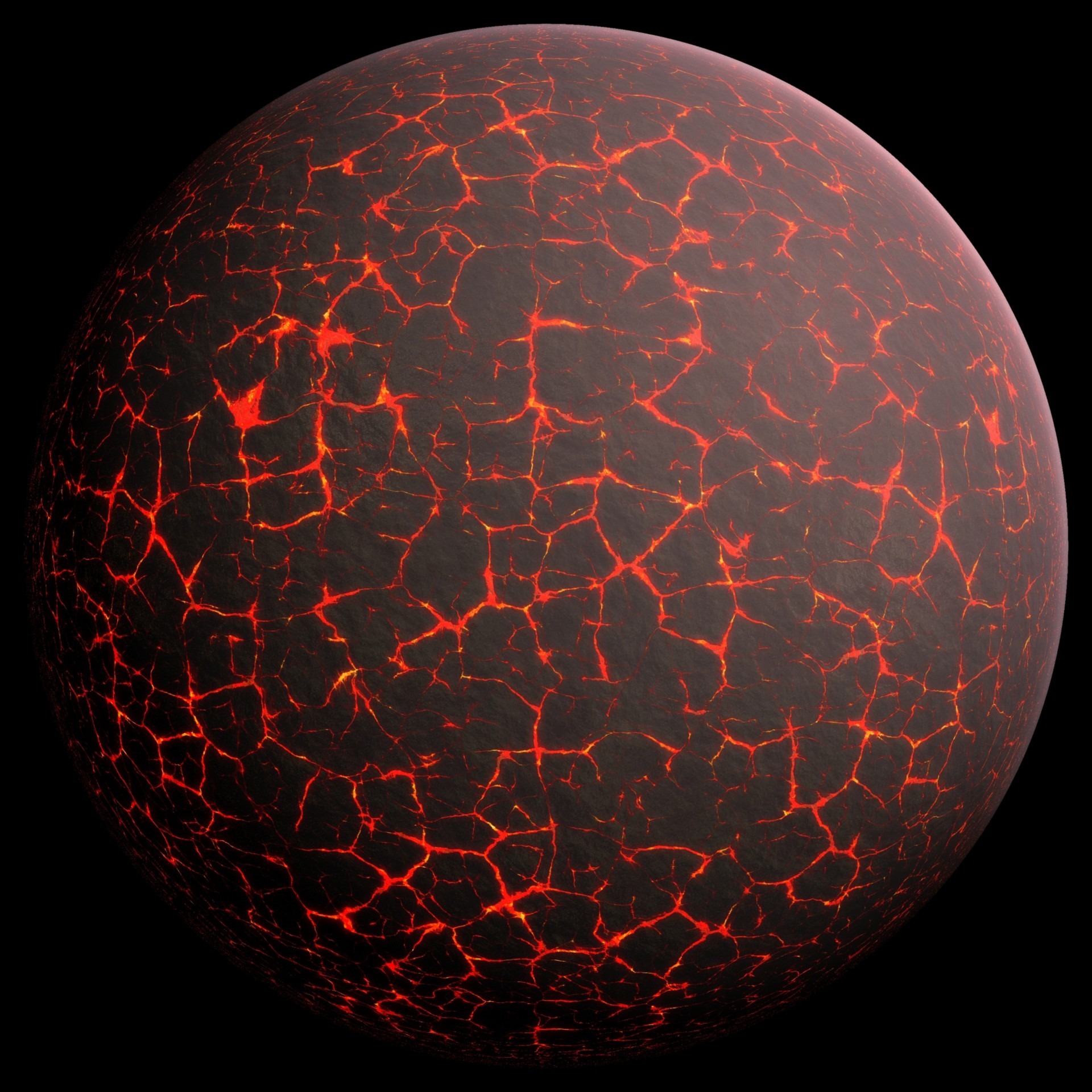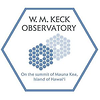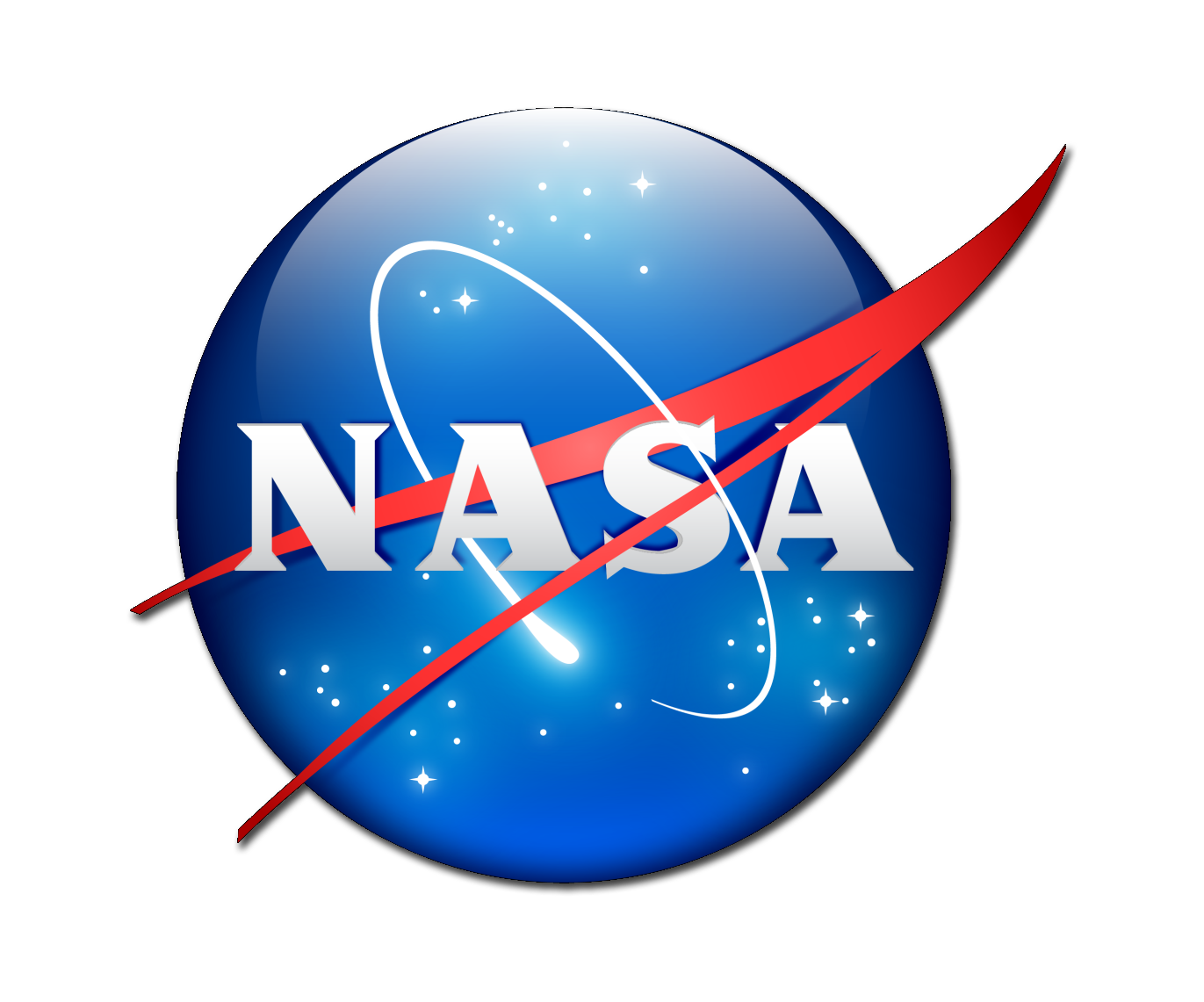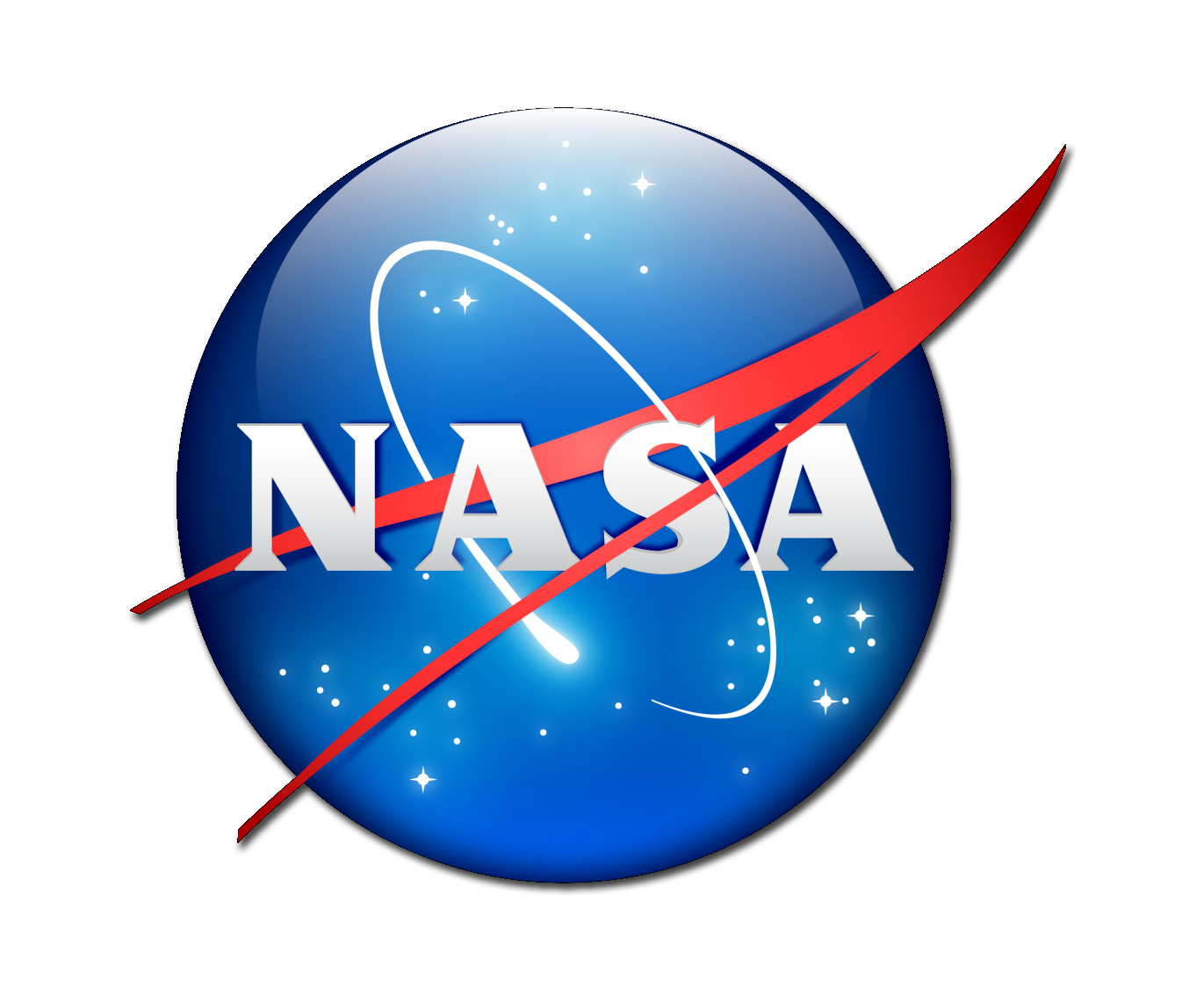
Astrobiology has revealed new discoveries about our world and the solar system. Living organisms thrive in harsher environments on Earth than we ever previously imagined. Microbial biodiversity and extremophile life are now known to be ubiquitous and abundant. Beyond Earth, science has identified more than 1,400 exoplanets. That life thrives in multifarious conditions, coupled with these potentially habitable exoplanets and the detection of life-giving elements on numerous moons on asteroids, means we must face the possibility that simple or complex organisms may be discovered beyond Earth. How might we prepare for such a discovery?
Baruch S. Blumberg NASA/Library of Congress Chair in Astrobiology Steven J. Dick convenes scientists, historians, philosophers and theologians from around the world for a two-day symposium at the Library of Congress to explore how we prepare to face new knowledge that may challenge our very conceptions of life and our place in the universe.
Click the links below to watch the archived sessions:
Day 1 – September 18, 2014
9:00 – 9:30
Welcome
The John W. Kluge Center at the Library of Congress
Greeting
Hon. Lamar Smith (R-TX), Chairman, House Committee on Science, Space and Technology
Introductory Remarks
Mary Voytek, Senior Scientist for Astrobiology at NASA
9:30 – 10:00
Setting the Stage
“Astrobiology and Society: An Overview of the Symposium” – Steven J. Dick, NASA/Library of Congress Chair in Astrobiology
“Current Approaches to Finding Life Beyond Earth, and What Happens If We Do” – Seth Shostak, SETI Institute
Break
10:15 – 12:15
Approaches: How Do We Frame the Problem of Discovery?
Moderator / Chair, Seth Shostak, SETI Institute
“History, Discovery, Analogy” – Steven J. Dick, Baruch S. Blumberg NASA/Library of Congress Chair in Astrobiology
“Silent Impact: The Worldview Significance of Discovering Non-Communicative Extraterrestrials” – Clément Vidal, Free University of Brussels
“The Philosophy of Astrobiology” – Iris Fry, Technion-Israel Institute of Technology
1:45 – 4:45
Transcending Anthropocentrism: How Do We Move Beyond Our Own Preconceptions of What Life Is?
Moderator / Chair, Carol Cleland, University of Colorado
“The Landscape of Life” – Dirk Schulze-Makuch, Washington State University and Technical University Berlin
“The Landscape of Intelligence” – Lori Marino, The Kimmela Center for Animal Advocacy
“Universal Biology: Circumventing the N=1 Problem about Life” – Carlos Mariscal, Centre for Comparative Genomics & Evolutionary Bioinformatics
Break
“Equating Culture, Civilization, and Moral Development in Imagining ETI: Anthropocentric Assumptions?” – John Traphagan, University of Texas at Austin
Day 2 – September 19, 2014
9:00 – 9:10
Setting the Stage
“Astrobiology and Society” – Steven J. Dick, NASA/Library of Congress Chair
Philosophical Impact: How Do We Comprehend The Philosophical and Theological Challenges Raised by Discovery?
Moderator / Chair, Constance Bertka, Science and Society Resources
“Potential Roles for Life and Intelligence in the Evolution of the Cosmos” – Mark Lupisella, NASA
“The Moral Status of Non-Human Organisms” – Carol Cleland (University of Colorado Boulder) and Elspeth Wilson (University of Pennsylvania)
“Alien Minds” – Susan Schneider, University of Connecticut
Break
“Astrobiology and Theology,” – Robin Lovin, Center for Theological Inquiry, Princeton, N.J.
“Would You Baptize an Extraterrestrial?” – Guy Consolmagno, SJ Vatican Observatory
1:45 – 4:05
Practical Impact: How Should Society Cope with Discovery?
Moderator / Chair, Jennifer Wiseman, NASA Goddard Space Flight Center
“Is there Anything New about Astrobiology and Society?” – Jane Maienschein, Arizona State University
“Searching for Extraterrestrial Life: Coping with Discovery by Considering Potential Risks” – Margaret Race, SETI Institute
“An Astrobiological App for a Technological Society” – Eric Chaisson, Harvard University
Break
“The Allure of Alien Life: From Microbes to Intelligence” – Linda Billings, National Institute of Aerospace
4:05 – 4:15
Conclusion
Steven J. Dick, NASA/Library of Congress Chair in Astrobiology
 Widespread Mixing and Burial of Earth’s Hadean Crust by Asteroid Impacts
Widespread Mixing and Burial of Earth’s Hadean Crust by Asteroid Impacts Life in the Universe - the Science of Astrobiology
Life in the Universe - the Science of Astrobiology NASA Astrobiology Debates: Eastern Championship Live Webcast
NASA Astrobiology Debates: Eastern Championship Live Webcast NASA Astrobiology Debates: Western Championship Live Webcast
NASA Astrobiology Debates: Western Championship Live Webcast